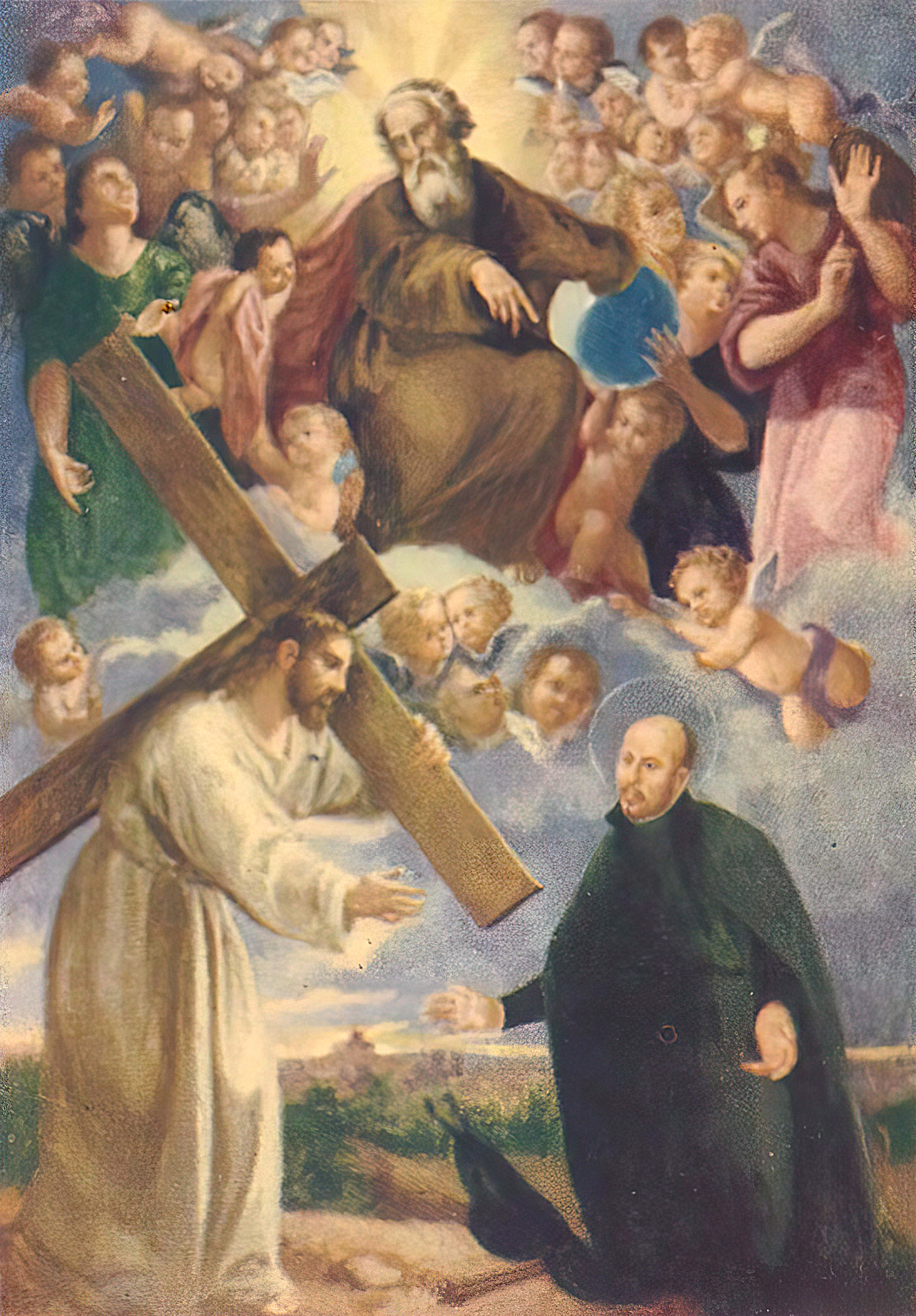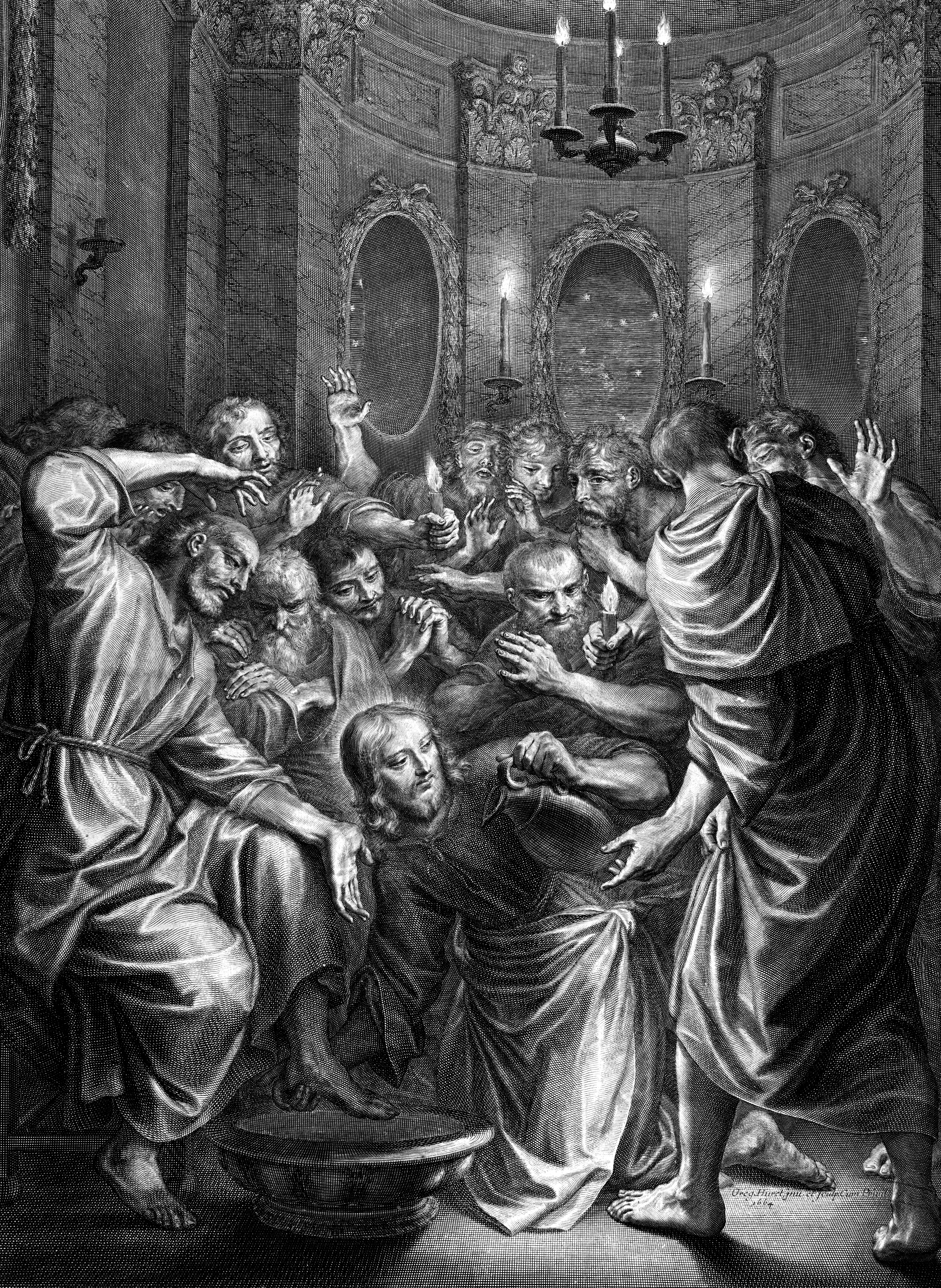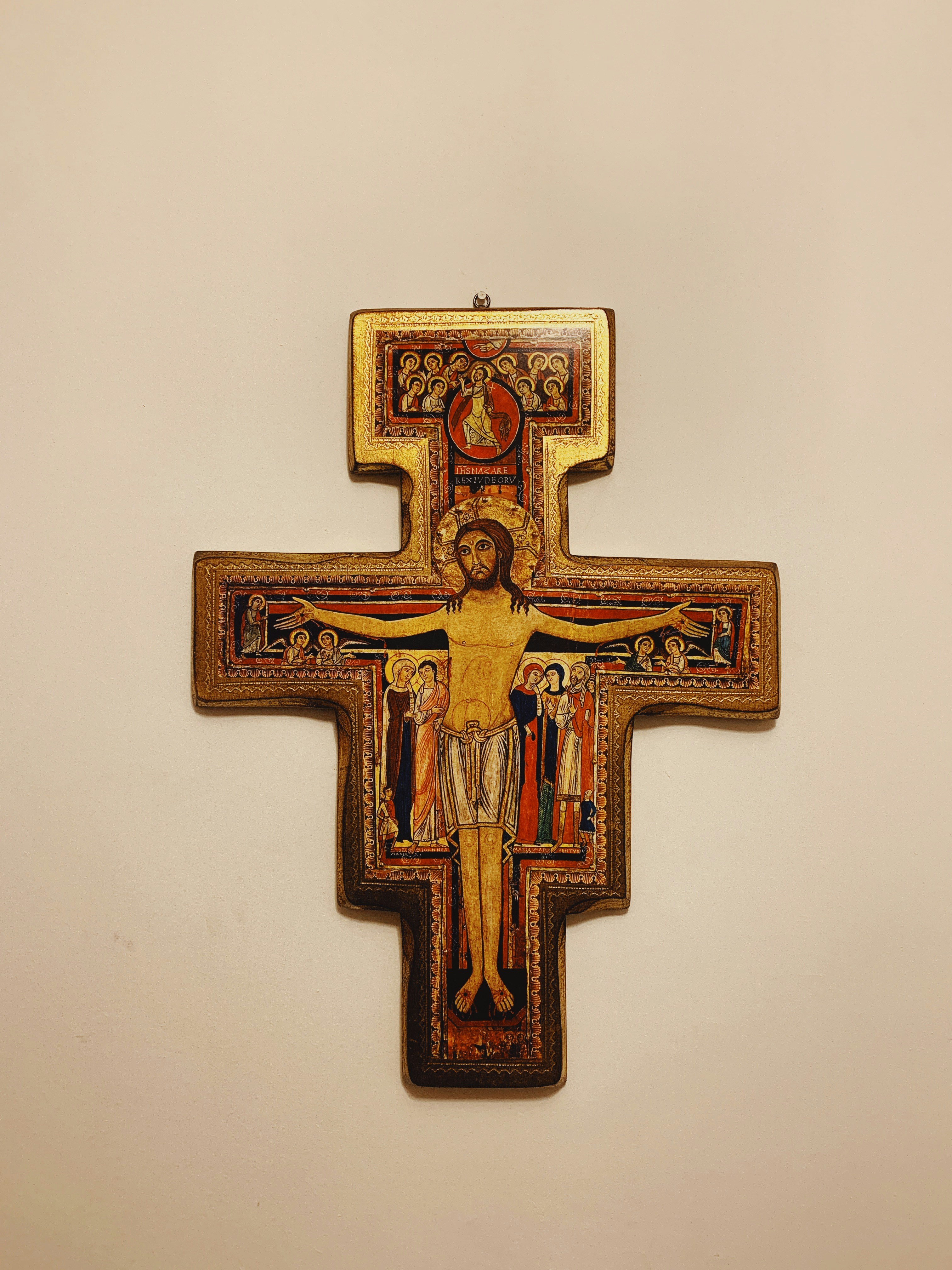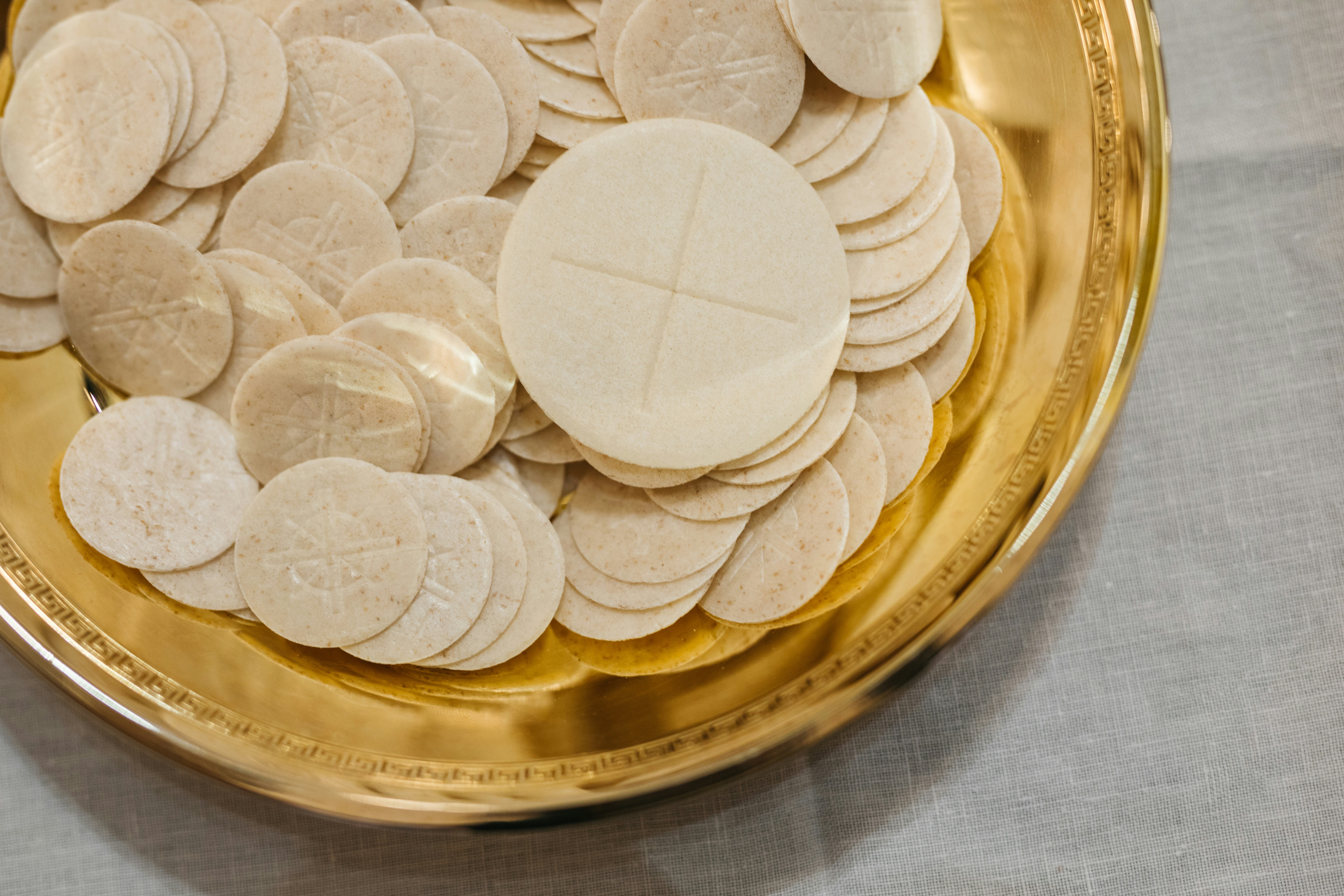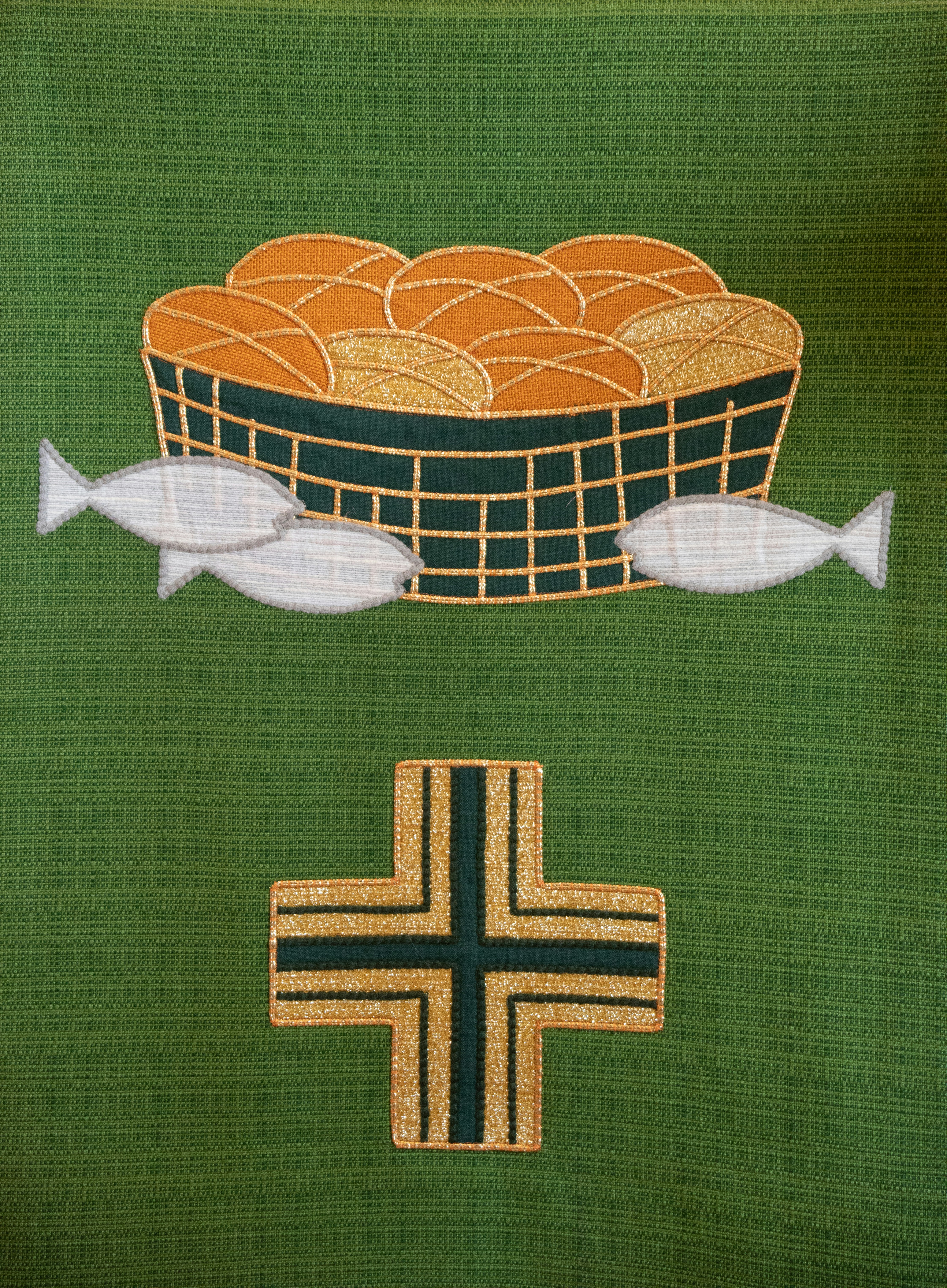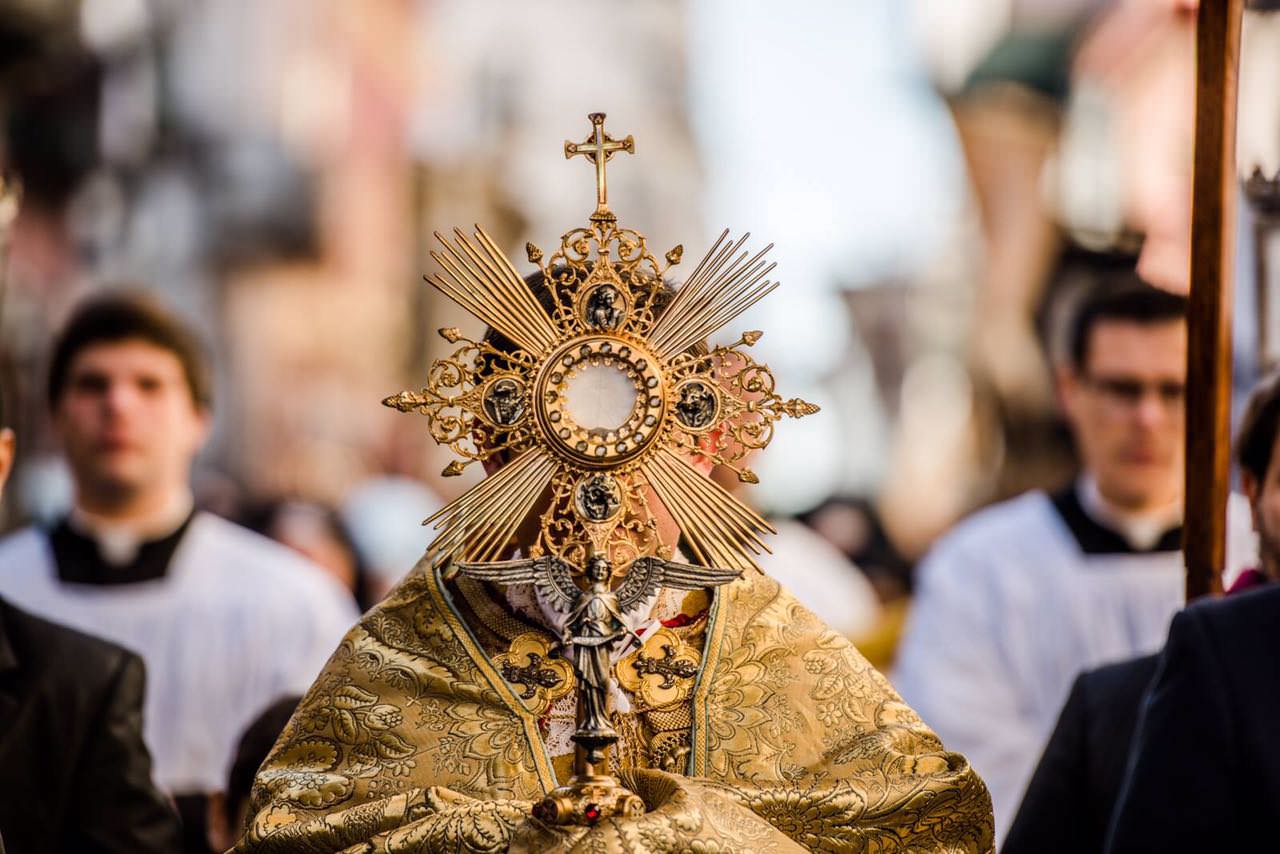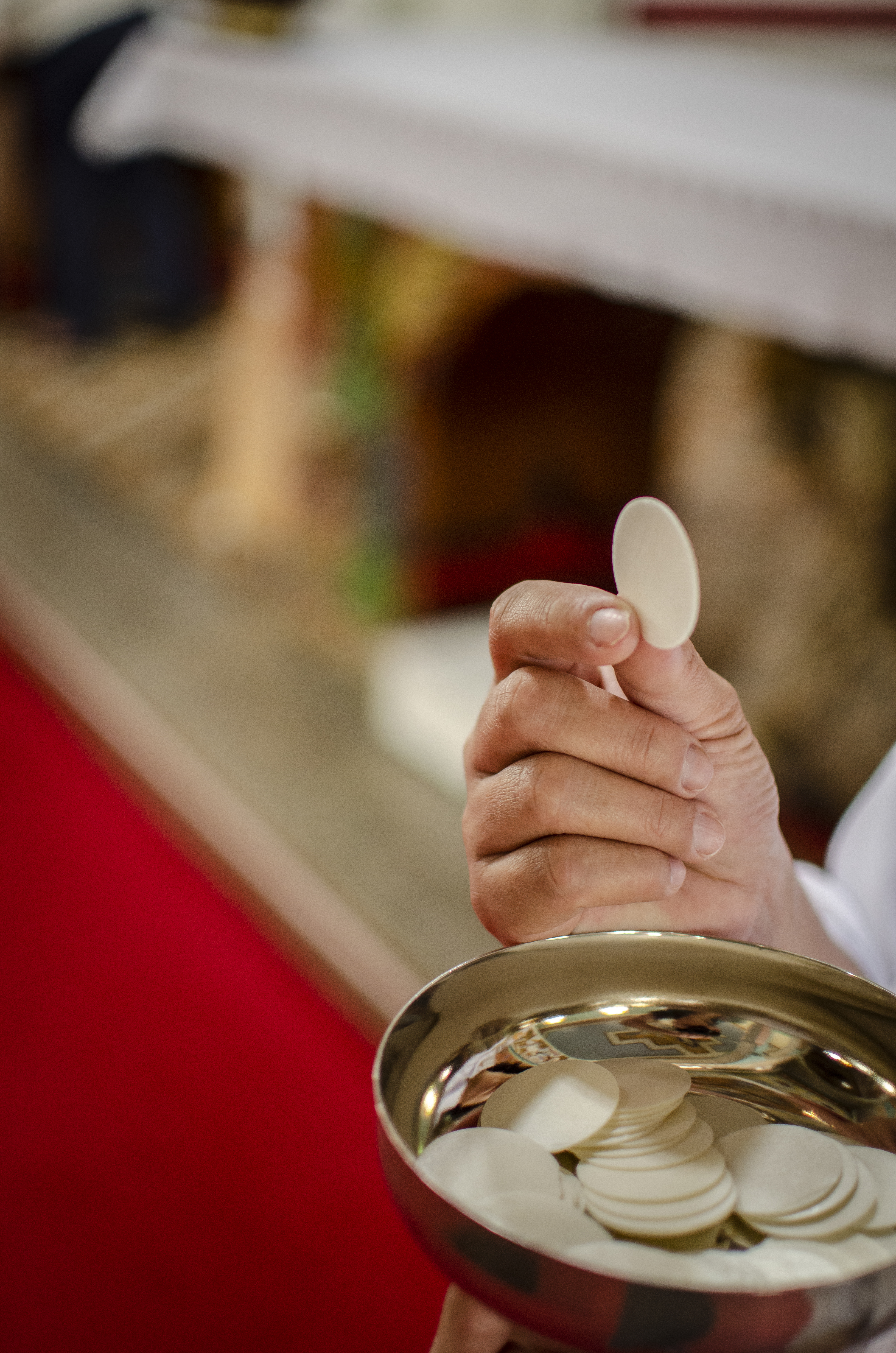“Go, sell what you have, and give to the poor and you will have treasure in heaven; then come, follow me.” (Mk 10:21)
Particularly in today’s society, we tend to center ourselves around instant gratification. The newest trends that money can buy hold a constant allure since we can get them off Amazon with just the click of a mouse. Yet most are afraid or ignorant of what to expect after death. Heavenly treasures await us if we are not first distracted by the false riches we may be exposed to here on Earth. Food, material possessions and earthly comforts are temporary, whereas reliance on Christ allows for eternal salvation.
Those who by worldly standards are considered first today may be last tomorrow at Christ’s second coming. The Litany of Humility has always helped keep me grounded, reiterating the importance of loving others rather than seeking that love that we desire for ourselves. As Christians, we must ask ourselves if we take the time to tend to those most in need and live in service first to one other.
We must recall the big picture, that as Christians we have the blessing to be able to spend eternity in the presence of God’s great love, if we choose to emulate that love during the short time we have here on Earth. This is best demonstrated by the love Christ displays for us poor sinners by dying on the cross. Instead of seeking comfort and security we are called to depend on God always, following His example of love.
Ultimately, we must never be afraid to break open our hearts in front of others for Christ. The life of a Christian is often going to be messy. If we’re not suffering alongside Christ, we are not giving our all to Him. We must take up our cross, and not hold back nor be ashamed. The Lord is worth so much more than the sum of our fears and doubts. And in the end, He does not demand much at all. Simply that we love Him with all our heart and love our neighbor as ourselves.
“Ve y vende lo que tienes, da el dinero a los pobres y así tendrás un tesoro en los cielos. Después, ven y sígueme” (Mc 10,21)
En particular en la sociedad actual, tendemos a centrarnos en la gratificación instantánea. Las últimas tendencias que el dinero puede comprar tienen un atractivo constante, ya que podemos conseguirlas en Amazon con tan solo un clic del mouse. Sin embargo, la mayoría tiene miedo o ignora qué les espera después de la muerte. Nos esperan tesoros celestiales si no nos distraemos primero con las falsas riquezas a las que podemos estar expuestos aquí en la Tierra. La comida, las posesiones materiales y las comodidades terrenales son temporales, mientras que la confianza en Cristo permite la salvación eterna.
Aquellos que según los estándares mundanos son considerados los primeros hoy, pueden ser los últimos mañana en la segunda venida de Cristo. La Letanía de la Humildad siempre me ha ayudado a mantener los pies en la tierra, reiterando la importancia de amar a los demás en lugar de buscar ese amor que deseamos para nosotros mismos. Como cristianos, debemos preguntarnos si nos tomamos el tiempo para atender a los más necesitados y vivir, en primer lugar, en servicio a los demás.
Debemos recordar el panorama general: como cristianos, tenemos la bendición de poder pasar la eternidad en presencia del gran amor de Dios, si elegimos emular ese amor durante el corto tiempo que tenemos aquí en la Tierra. Esto se demuestra mejor con el amor que Cristo muestra por nosotros, pobres pecadores, al morir en la cruz. En lugar de buscar consuelo y seguridad, estamos llamados a depender siempre de Dios, siguiendo su ejemplo de amor.
En última instancia, nunca debemos tener miedo de abrir nuestro corazón delante de los demás para Cristo. La vida de un cristiano a menudo va a ser un caos. Si no estamos sufriendo junto a Cristo, no le estamos dando todo lo que tenemos. Debemos cargar nuestra cruz, y no frenarnos ni avergonzarnos. El Señor vale mucho más que la suma de nuestros miedos y dudas. Y al final, Él no nos exige mucho, simplemente que lo amemos con todo el corazón y amemos al prójimo como a nosotros mismos.
 Dr. Alexis Dallara-Marsh is a board-certified neurologist who practices in Bergen County, NJ. She is a wife to her best friend, Akeem, and a mother of two little ones on Earth and two others in heaven above.
Dr. Alexis Dallara-Marsh is a board-certified neurologist who practices in Bergen County, NJ. She is a wife to her best friend, Akeem, and a mother of two little ones on Earth and two others in heaven above.
Feature Image Credit: Hispanic Digital library, Public Domain, art.diocesan.com/stock-photo/san-ignacio-de-loyola-18641/
